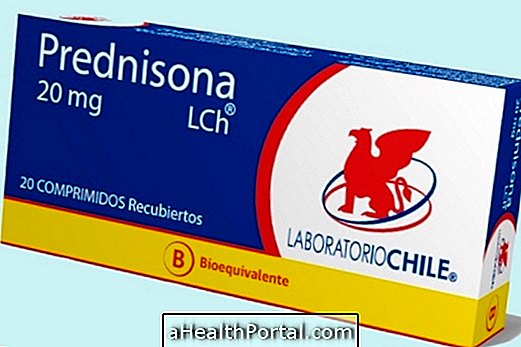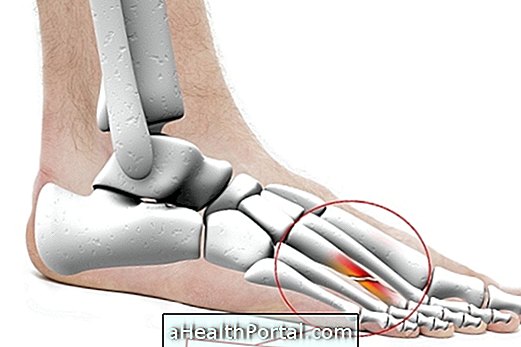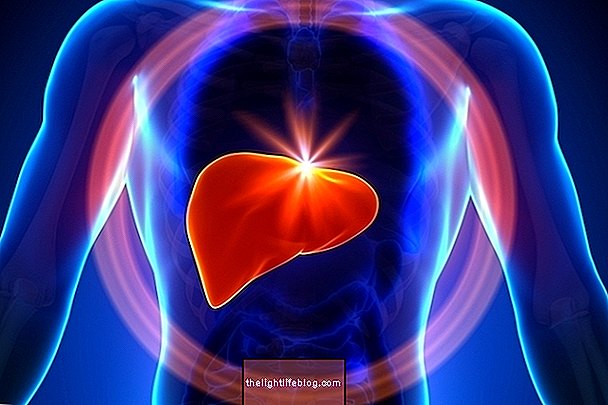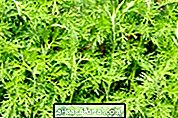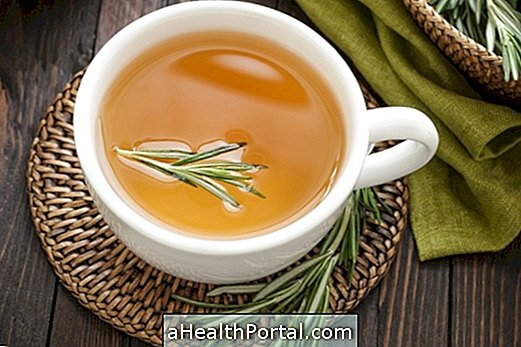Ranitidine is an anti-ulcer remedy that helps protect the lining of the stomach and is indicated for the treatment of problems such as gastric and duodenal ulcers, reflux esophagitis, gastritis or duodenitis, for example.
This drug is commonly known under the trade name Antak, produced by the Glaxosmithkline Brazil laboratory, but can also be purchased from conventional pharmacies under the name of Label, Ranitil, Ulcerocin or Neosac, in the form of tablets or syrup.
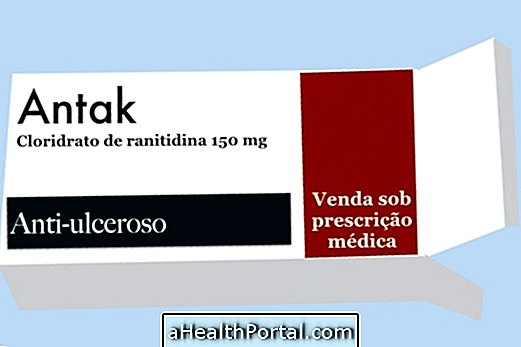
Price
The price of Antak varies between 20 and 90 reais, depending on the amount and the way the product is presented.
What is it for
This remedy is indicated for the prevention of ulcers but also for the treatment of duodenal ulcer, benign gastric ulcer, postoperative ulcer, Zollinger-Ellison syndrome, epigastric or retrosternal pain related to meals or during sleep.
It may also be used in the treatment of conditions related to hypersecretion or hypersensitivity to gastric secretion, such as reflux esophagitis associated or not with hiatal hernia.
How to take
The use and dose of ranitidine should always be indicated by a general practitioner or gastroenterologist, however the general guidelines are:
- Adults: 150 to 300 mg, 2 to 3 times a day, for 1 month, and may be taken as tablets or syrup;
- Children: 2 to 8 mg / kg per day, divided into 3 times during the day, usually in the form of syrup.
In addition to these cases, ranitidine is still available for injection, which must be administered by a nurse, given by the vein for 2 min and every 6-8 hours, during the period indicated by the doctor.
If you miss a dose, you should take your medicine as soon as possible and take the following doses at the right time, and you should never take a double dose to make up for the missed dose.
Possible side effects
The most common side effects of using this medication include dizziness, d drowsiness, insomnia and dizziness.
Already when it is administered by the vein, it can also appear pain in the place of the sting and reddish skin.
Who should not take
Ranitidine is contraindicated for pregnancy, during breast-feeding, and for people with hypersensitivity to the components of the formula. In addition, children younger than 1 month of age, patients with porphyria and people with renal insufficiency should also not use.
Learn about some natural remedies that can complement the treatment:
- Home remedy for gastritis
- Home remedy for ulcer

